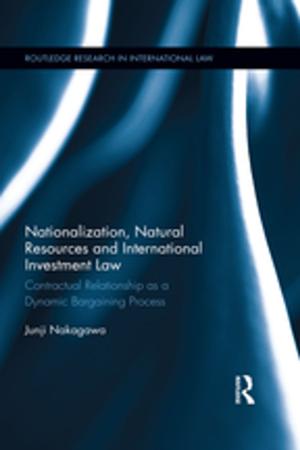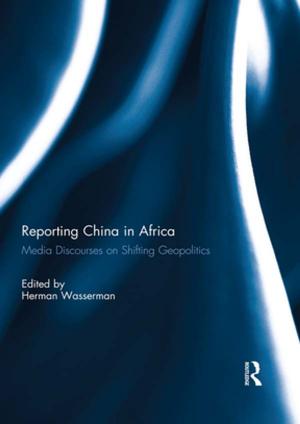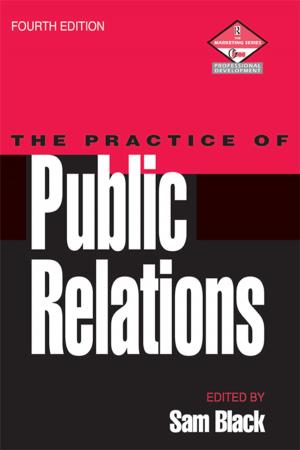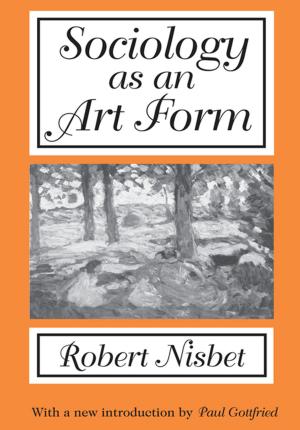Philosophy of Language and the Challenge to Scientific Realism
Nonfiction, Science & Nature, Science, Other Sciences, Philosophy & Social Aspects, Social & Cultural Studies, Social Science, Sociology, Religion & Spirituality, Philosophy| Author: | Christopher Norris | ISBN: | 9781134336593 |
| Publisher: | Taylor and Francis | Publication: | June 2, 2004 |
| Imprint: | Routledge | Language: | English |
| Author: | Christopher Norris |
| ISBN: | 9781134336593 |
| Publisher: | Taylor and Francis |
| Publication: | June 2, 2004 |
| Imprint: | Routledge |
| Language: | English |
In this book Christopher Norris develops the case for scientific realism by tackling various adversary arguments from a range of anti-realist positions. Through a close critical reading he shows how they fail to make adequate sense on any rational, consistent, and scientifically-informed survey of the evidence. Along the way he incorporates a number of detailed case-studies from the history and philosophy of science. Norris devotes much of his discussion to some of the most prominent and widely influential source-texts of anti-realism. Also included are the sophisticated versions of verificationism developed - albeit in very different ways - by thinkers such as Michael Dummett and Bas van Fraassen. Central to Norris's argument is a prolonged engagement with the once highly influential but nowadays neglected work of Norwood Russell Hanson. This book will be welcomed especially by readers who possess some knowledge of the background debate and who wish to deepen and extend their understanding of these issues beyond an introductory level.
In this book Christopher Norris develops the case for scientific realism by tackling various adversary arguments from a range of anti-realist positions. Through a close critical reading he shows how they fail to make adequate sense on any rational, consistent, and scientifically-informed survey of the evidence. Along the way he incorporates a number of detailed case-studies from the history and philosophy of science. Norris devotes much of his discussion to some of the most prominent and widely influential source-texts of anti-realism. Also included are the sophisticated versions of verificationism developed - albeit in very different ways - by thinkers such as Michael Dummett and Bas van Fraassen. Central to Norris's argument is a prolonged engagement with the once highly influential but nowadays neglected work of Norwood Russell Hanson. This book will be welcomed especially by readers who possess some knowledge of the background debate and who wish to deepen and extend their understanding of these issues beyond an introductory level.















